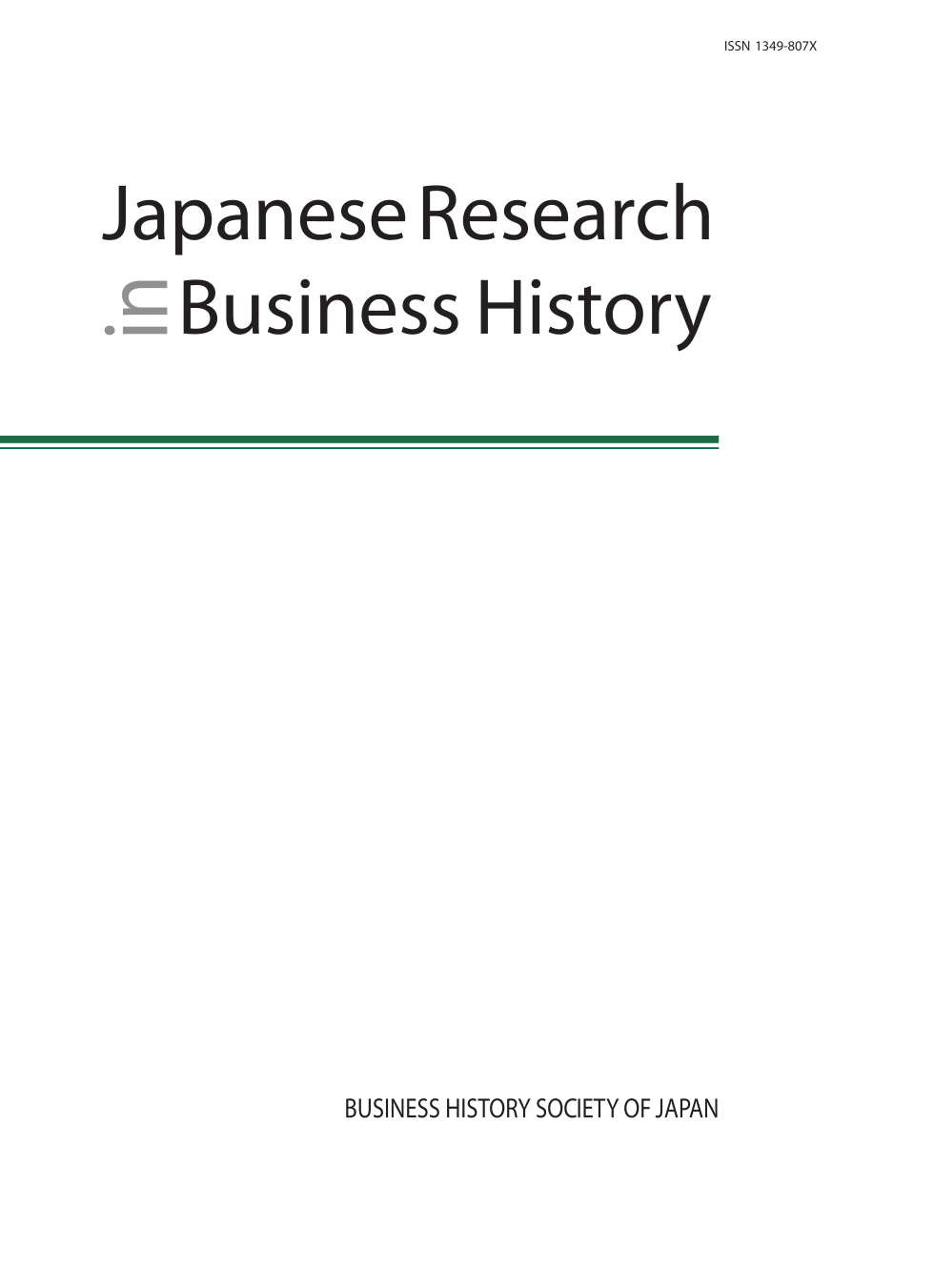最新号
選択された号の論文の7件中1~7を表示しています
- |<
- <
- 1
- >
- >|
FEATURE ARTICLES
-
2023 年 40 巻 p. 1-5
発行日: 2023年
公開日: 2023/12/26
PDF形式でダウンロード (288K) HTML形式で全画面表示 -
2023 年 40 巻 p. 6-23
発行日: 2023年
公開日: 2023/12/26
PDF形式でダウンロード (422K) HTML形式で全画面表示 -
2023 年 40 巻 p. 24-43
発行日: 2023年
公開日: 2023/12/26
PDF形式でダウンロード (451K) HTML形式で全画面表示 -
2023 年 40 巻 p. 44-63
発行日: 2023年
公開日: 2023/12/26
PDF形式でダウンロード (553K) HTML形式で全画面表示 -
Exploring Emerging Markets: Mitsubishi and Early Japanese Automobile Exports to Australia, 1930-19372023 年 40 巻 p. 64-78
発行日: 2023年
公開日: 2023/12/26
PDF形式でダウンロード (388K) HTML形式で全画面表示
The BHSJ-SBS Best Paper for 2019
-
2023 年 40 巻 p. 79-101
発行日: 2023年
公開日: 2023/12/26
PDF形式でダウンロード (536K) HTML形式で全画面表示
Review of Selected Books on Business History Published in Japan in 2022
-
2023 年 40 巻 p. 102-106
発行日: 2023年
公開日: 2023/12/26
PDF形式でダウンロード (276K) HTML形式で全画面表示
- |<
- <
- 1
- >
- >|
